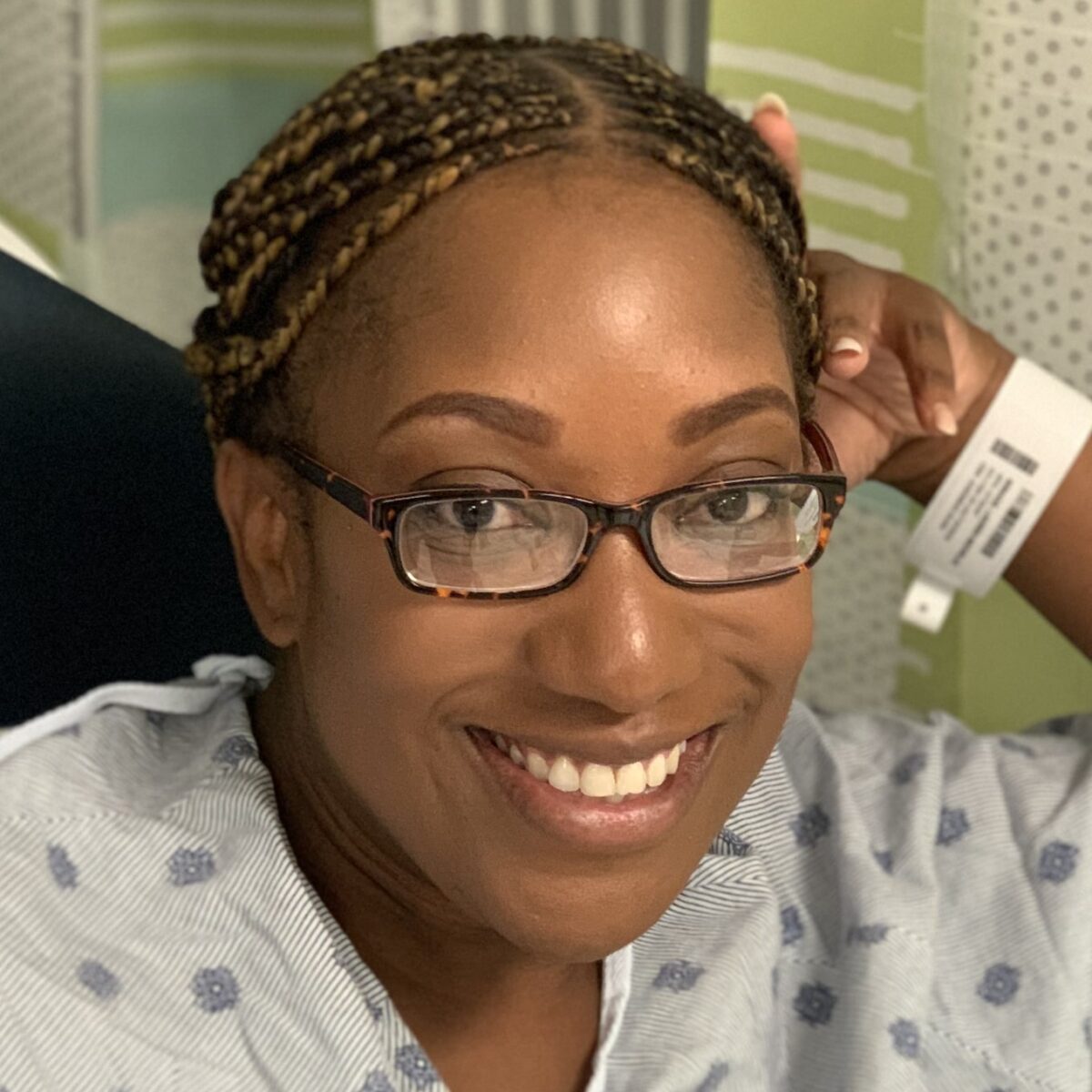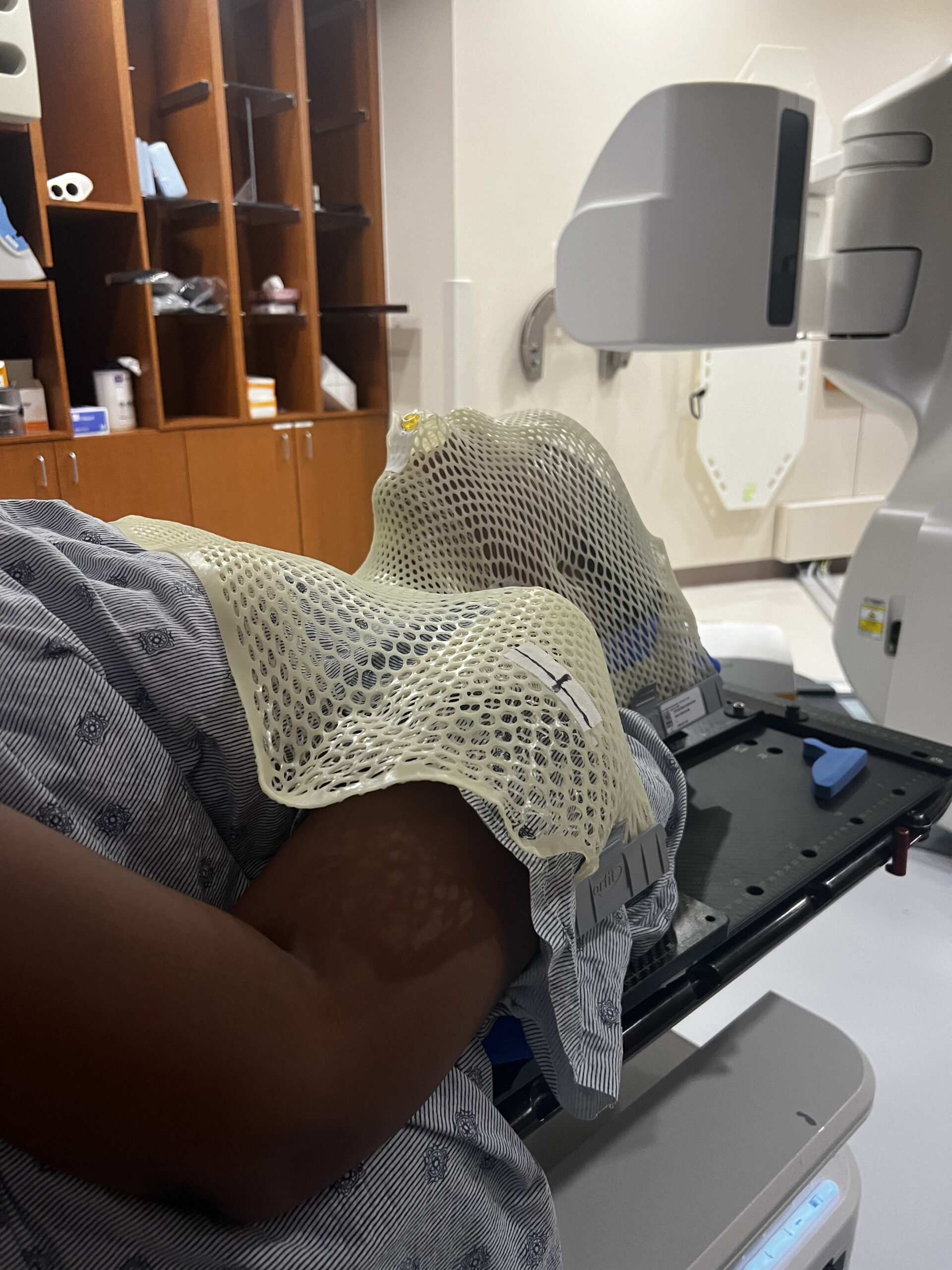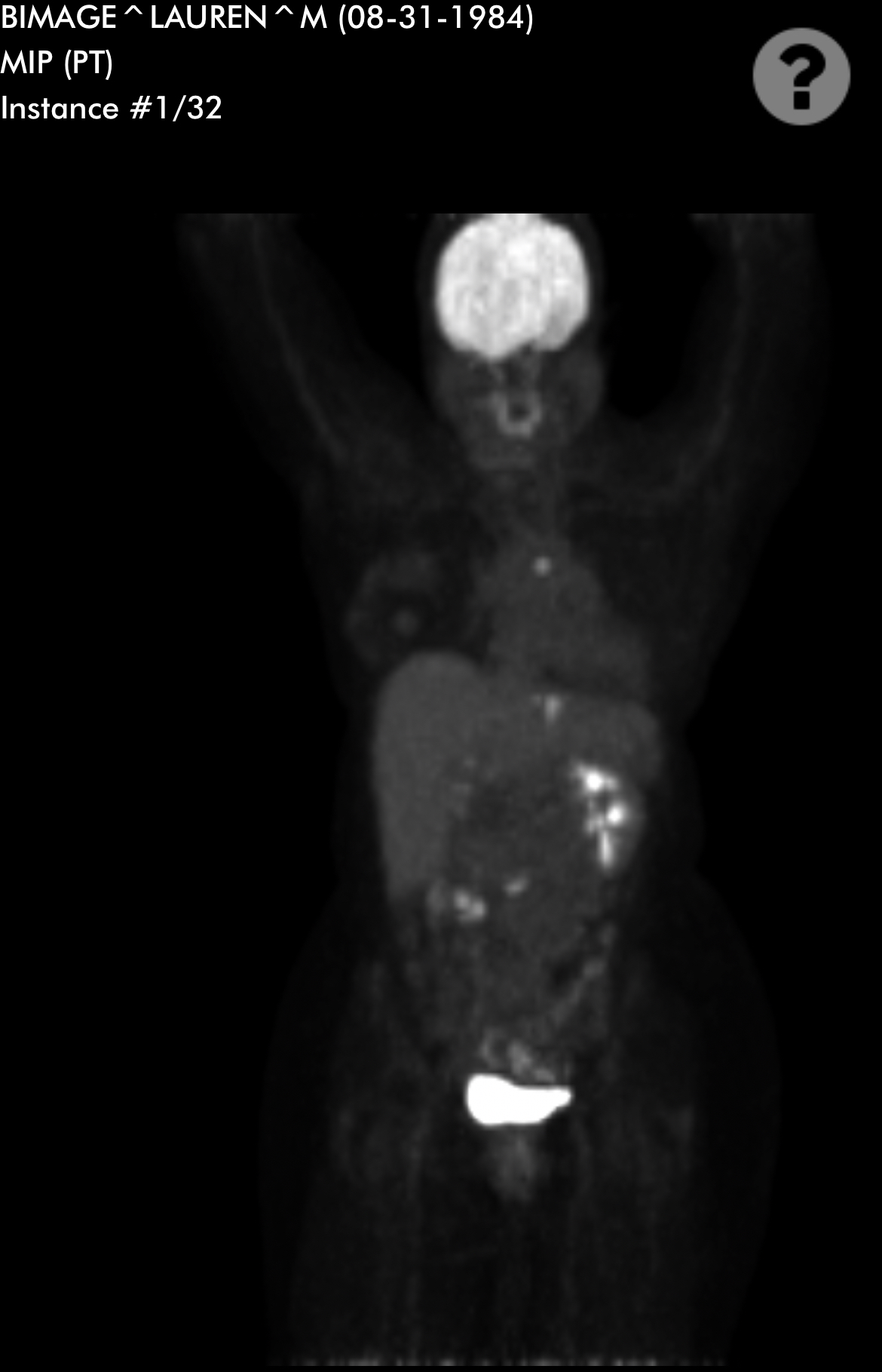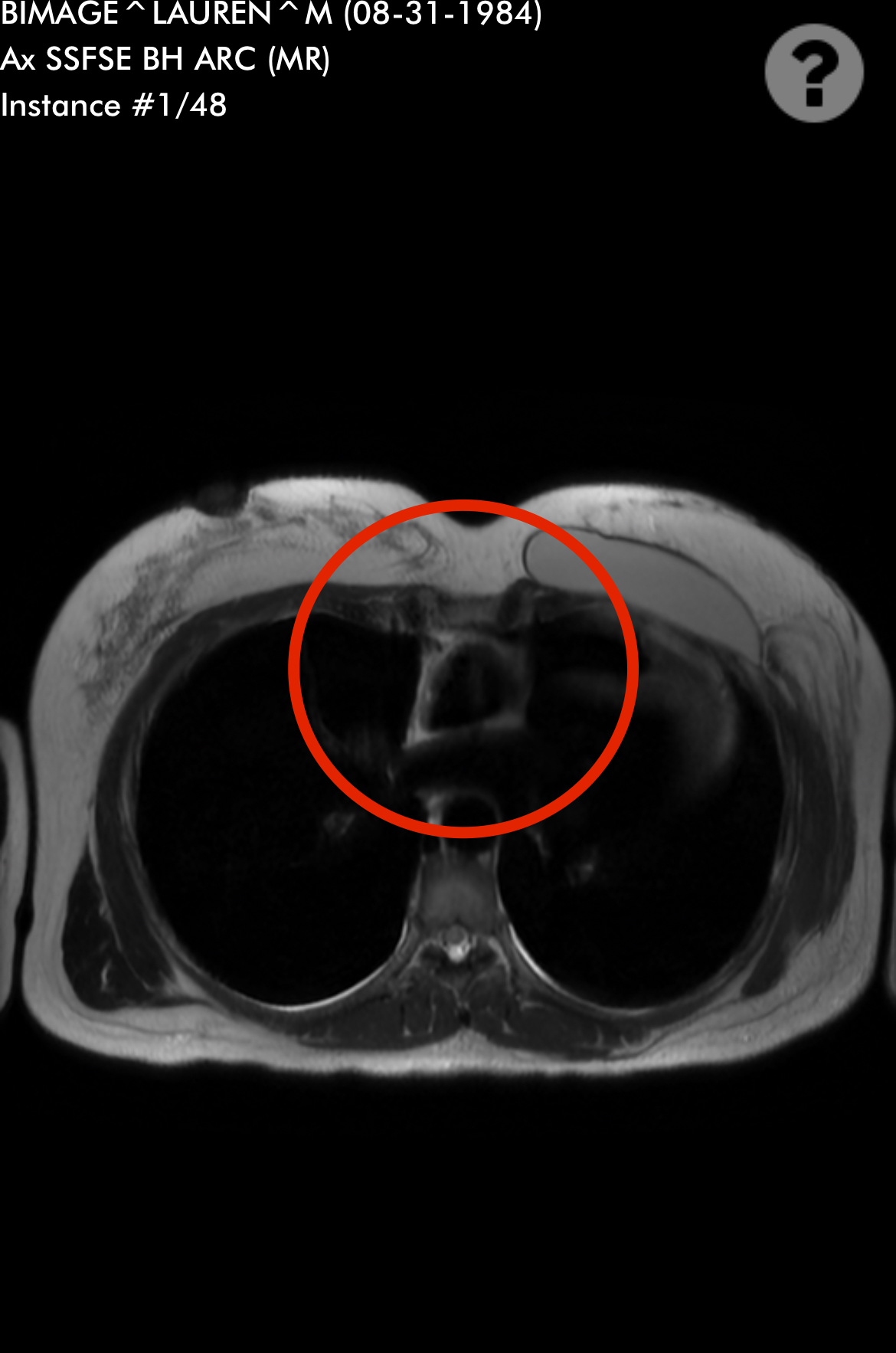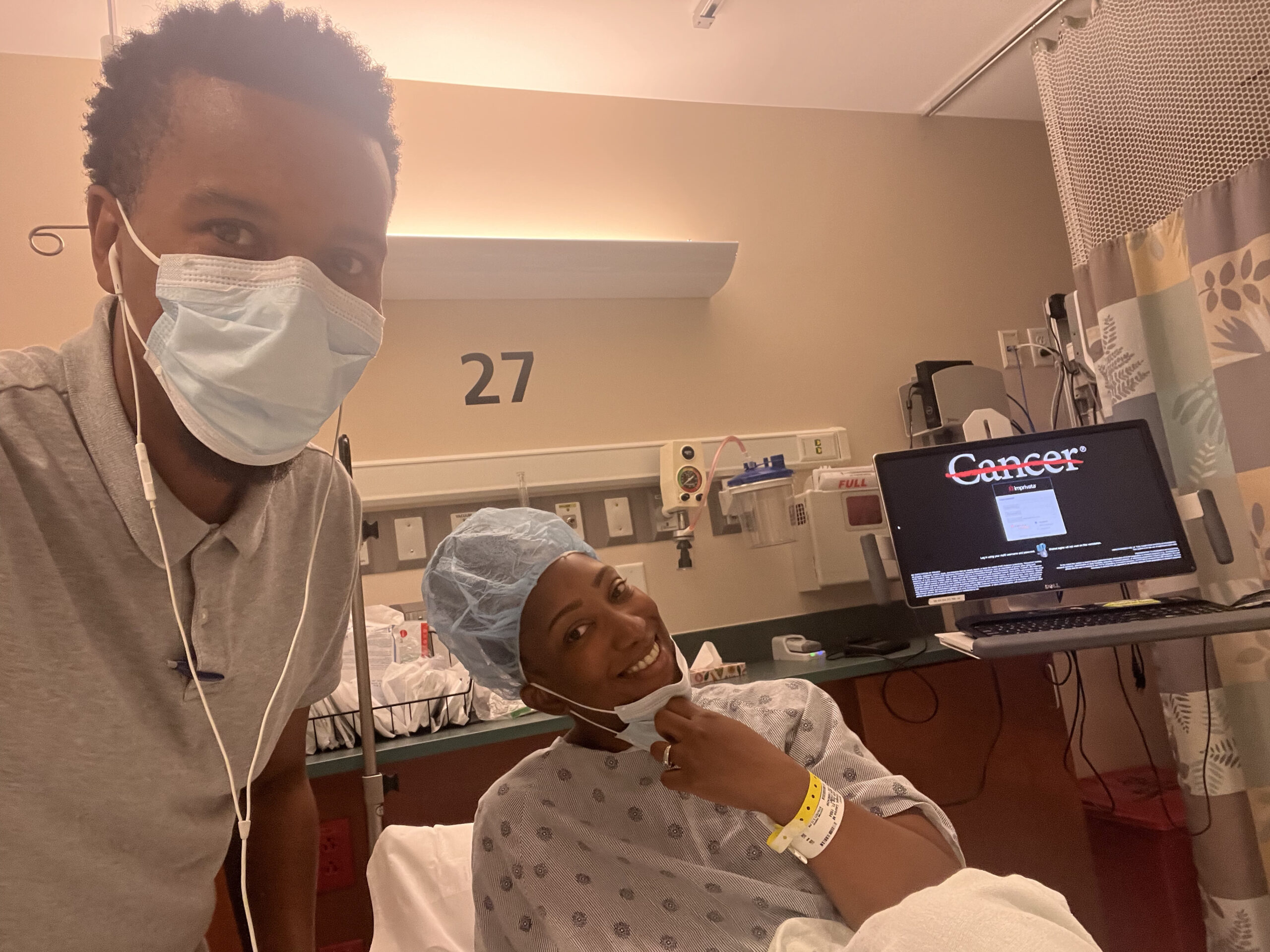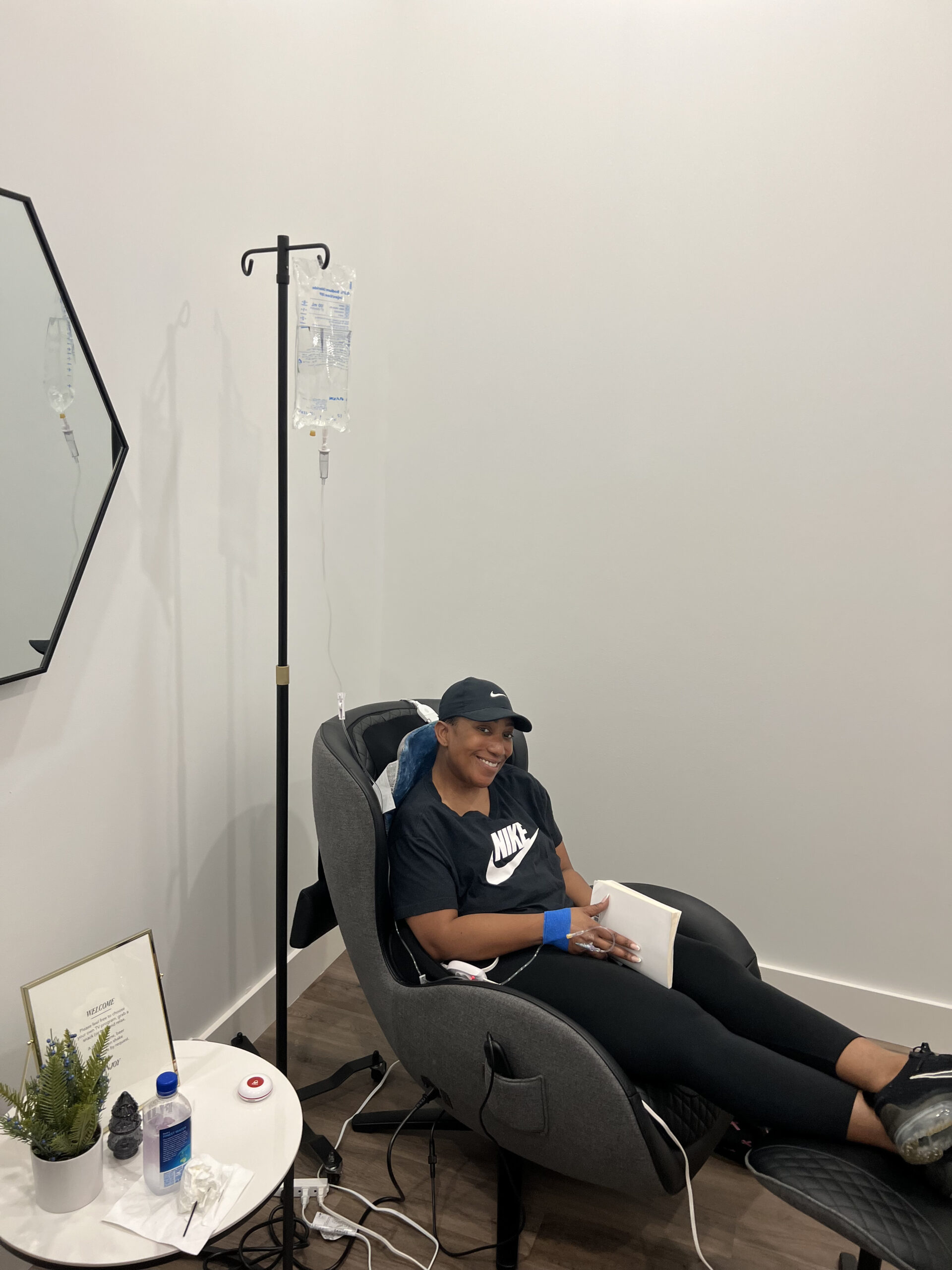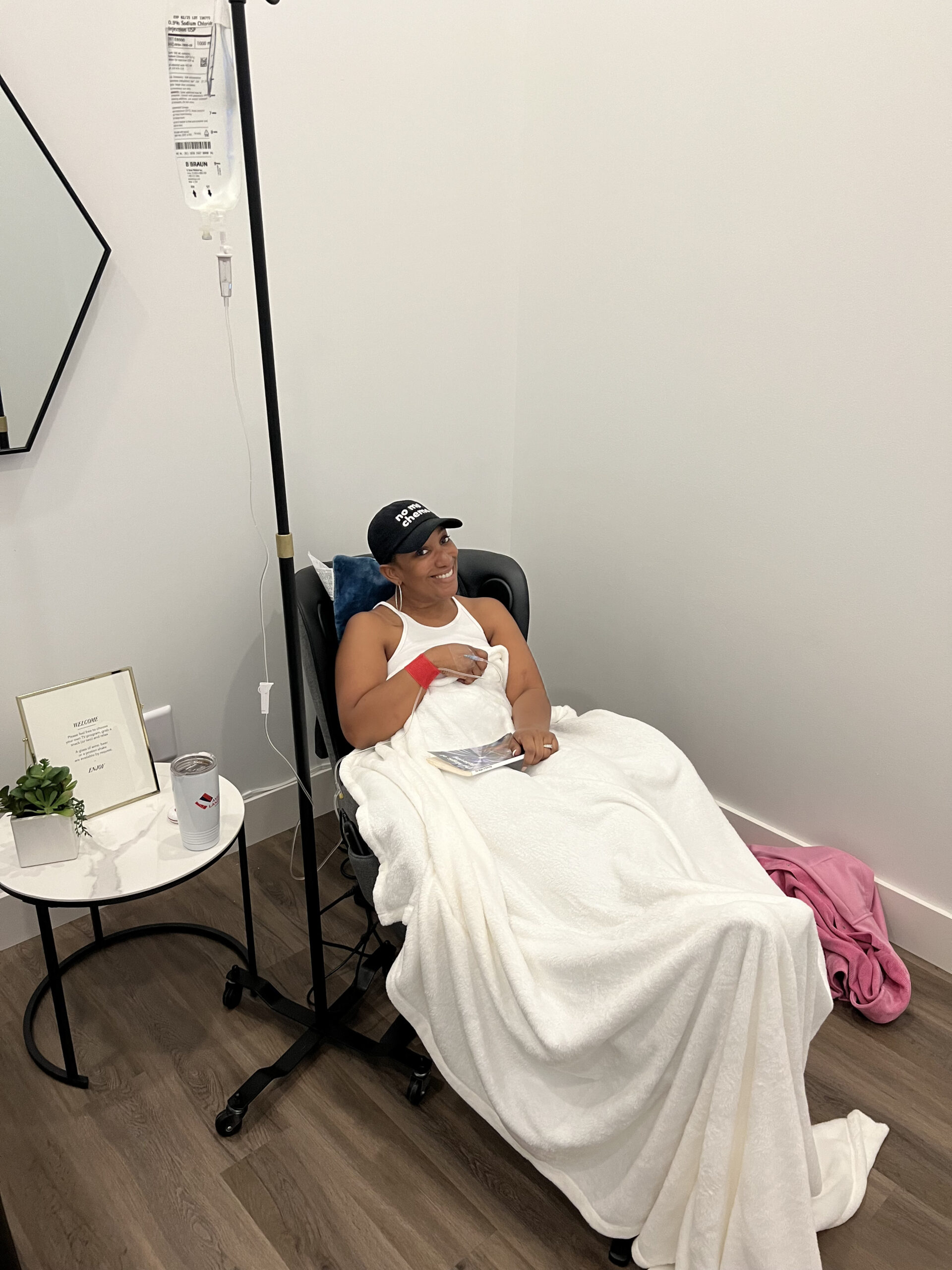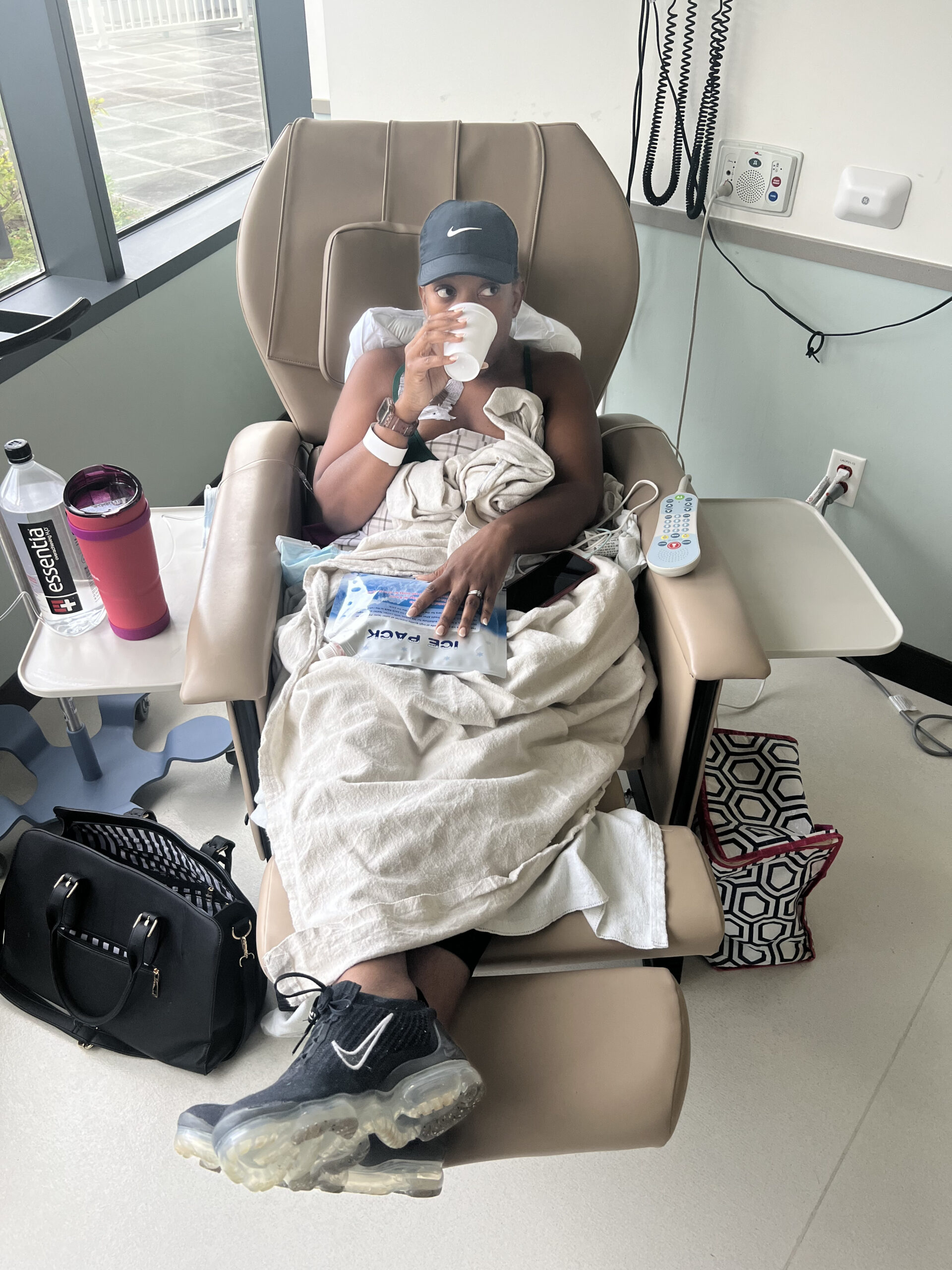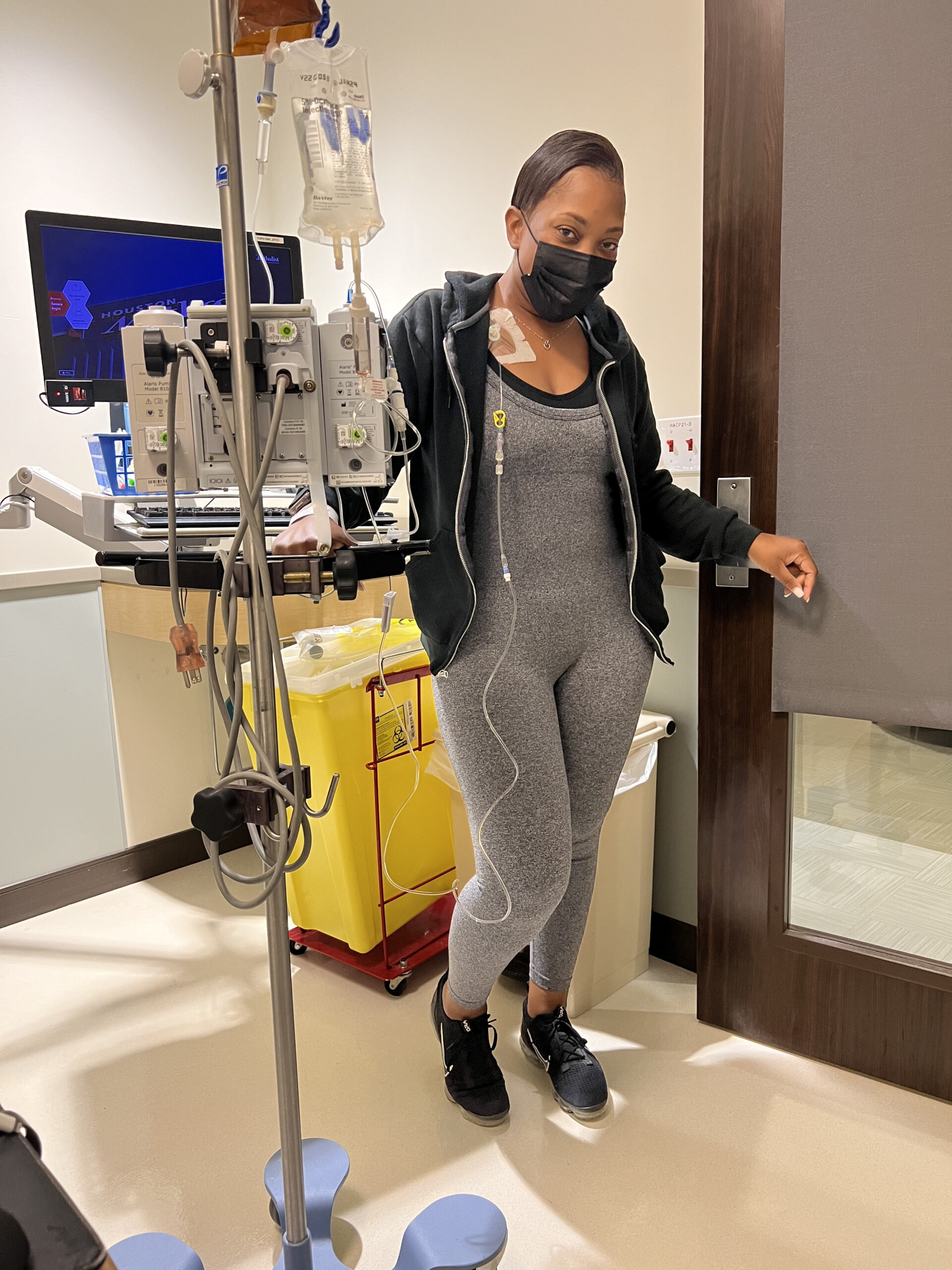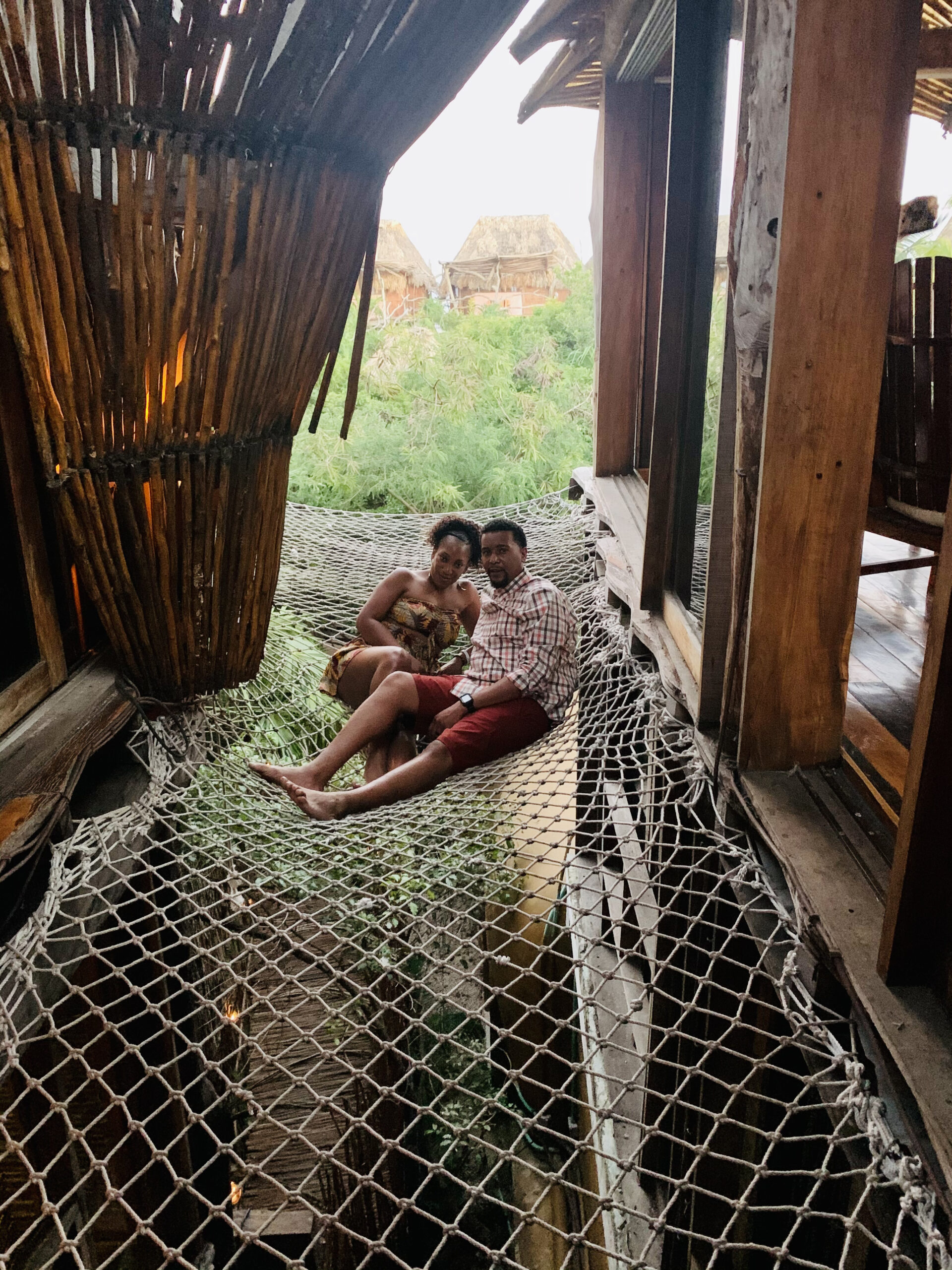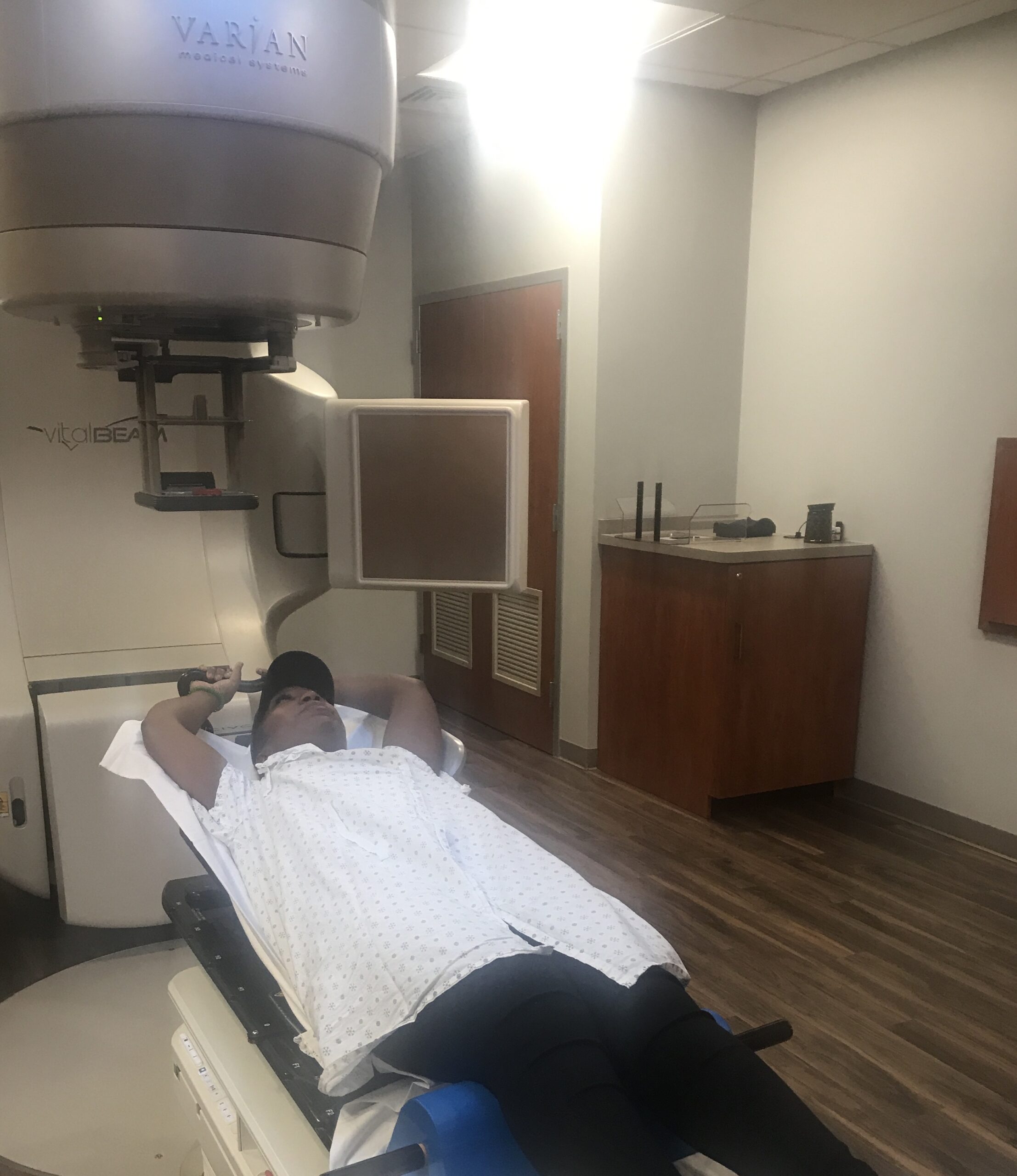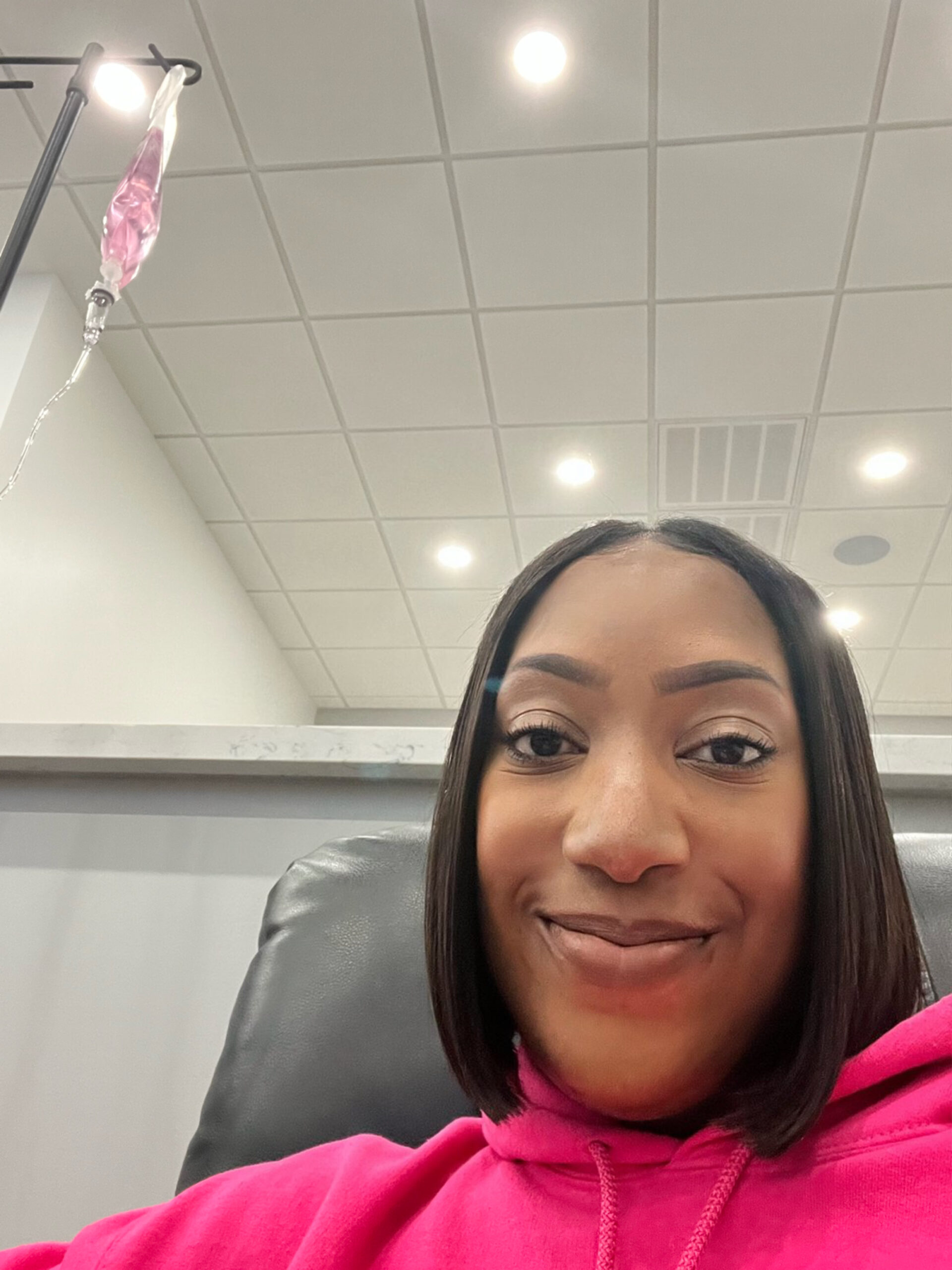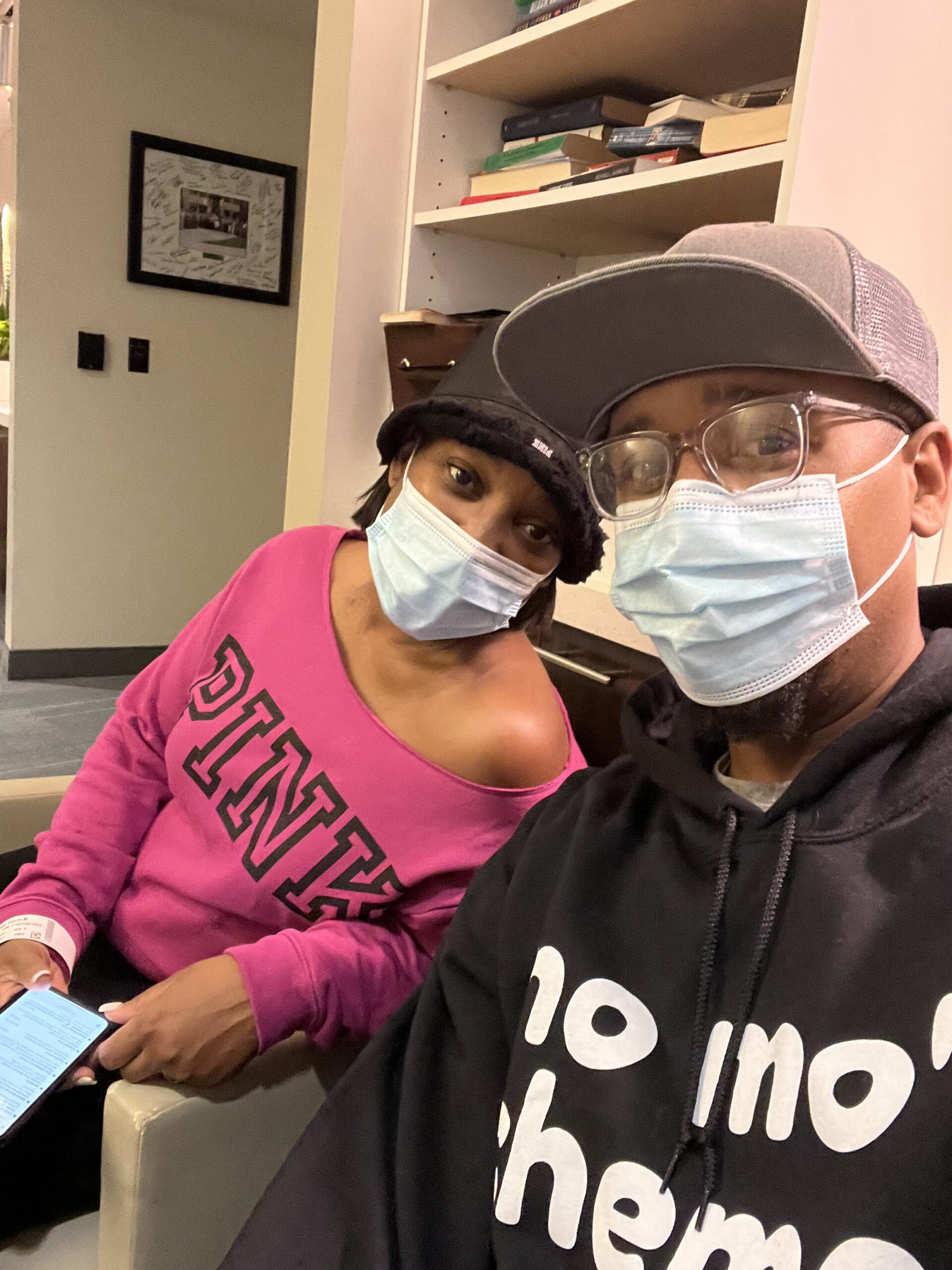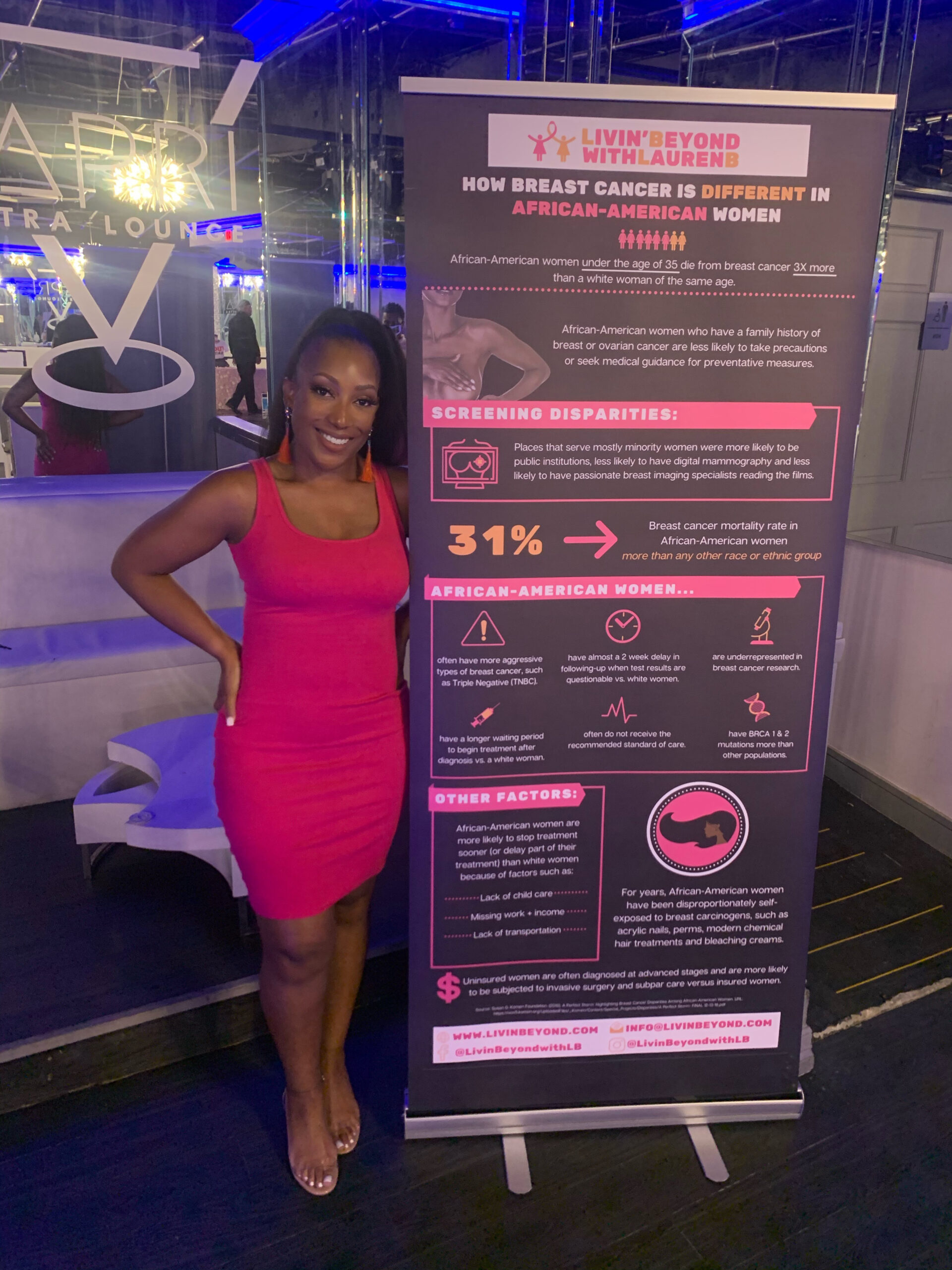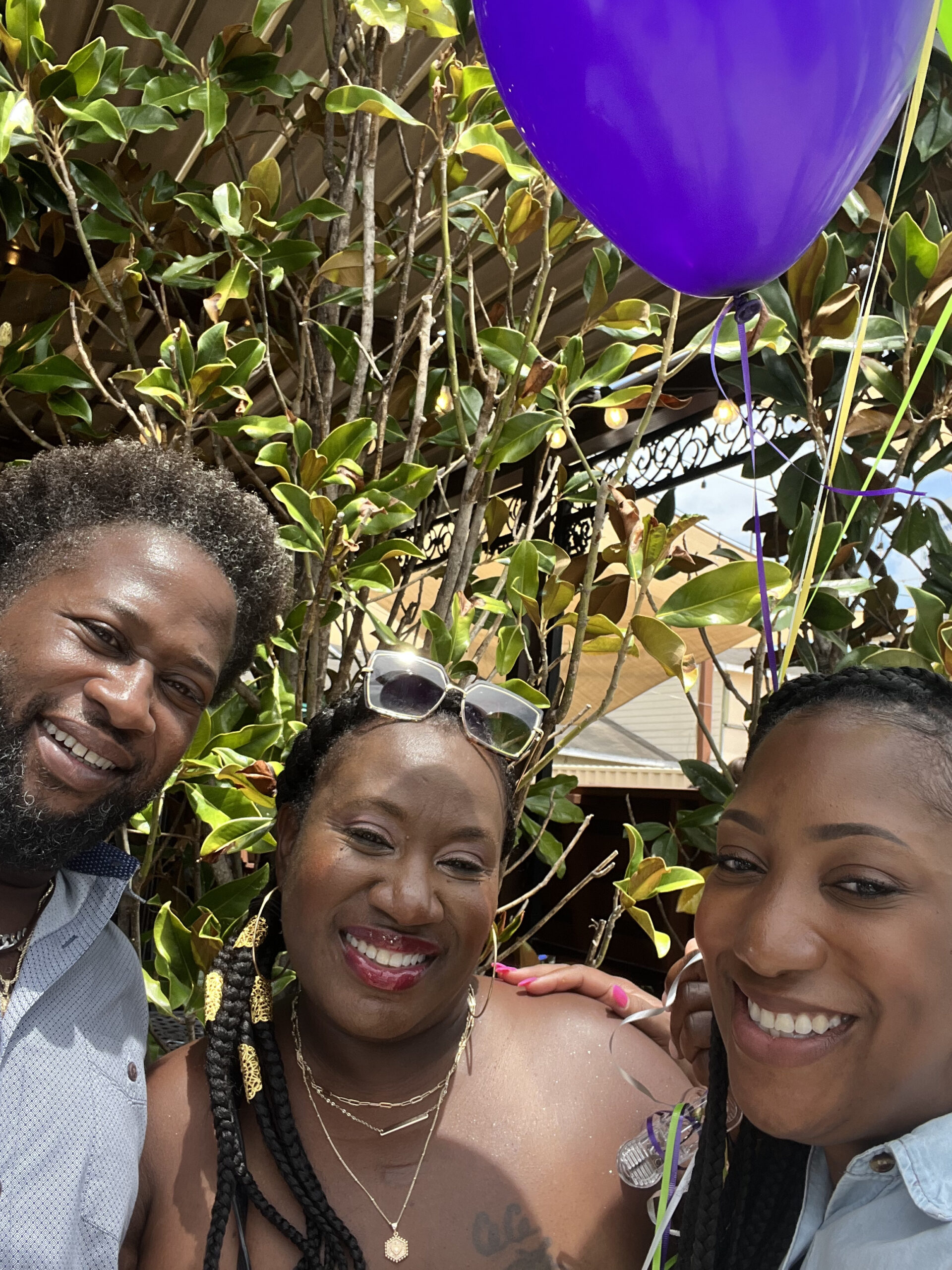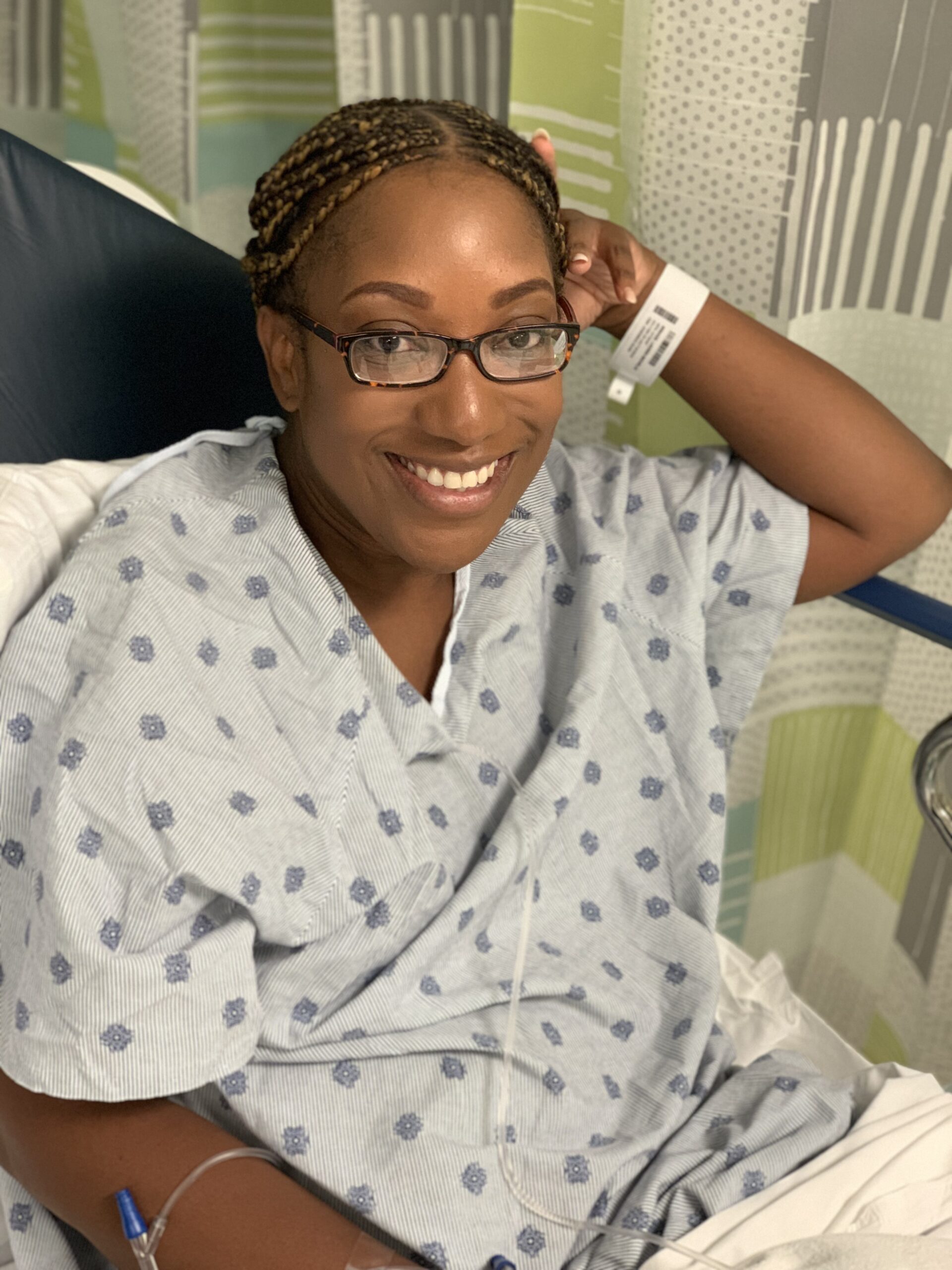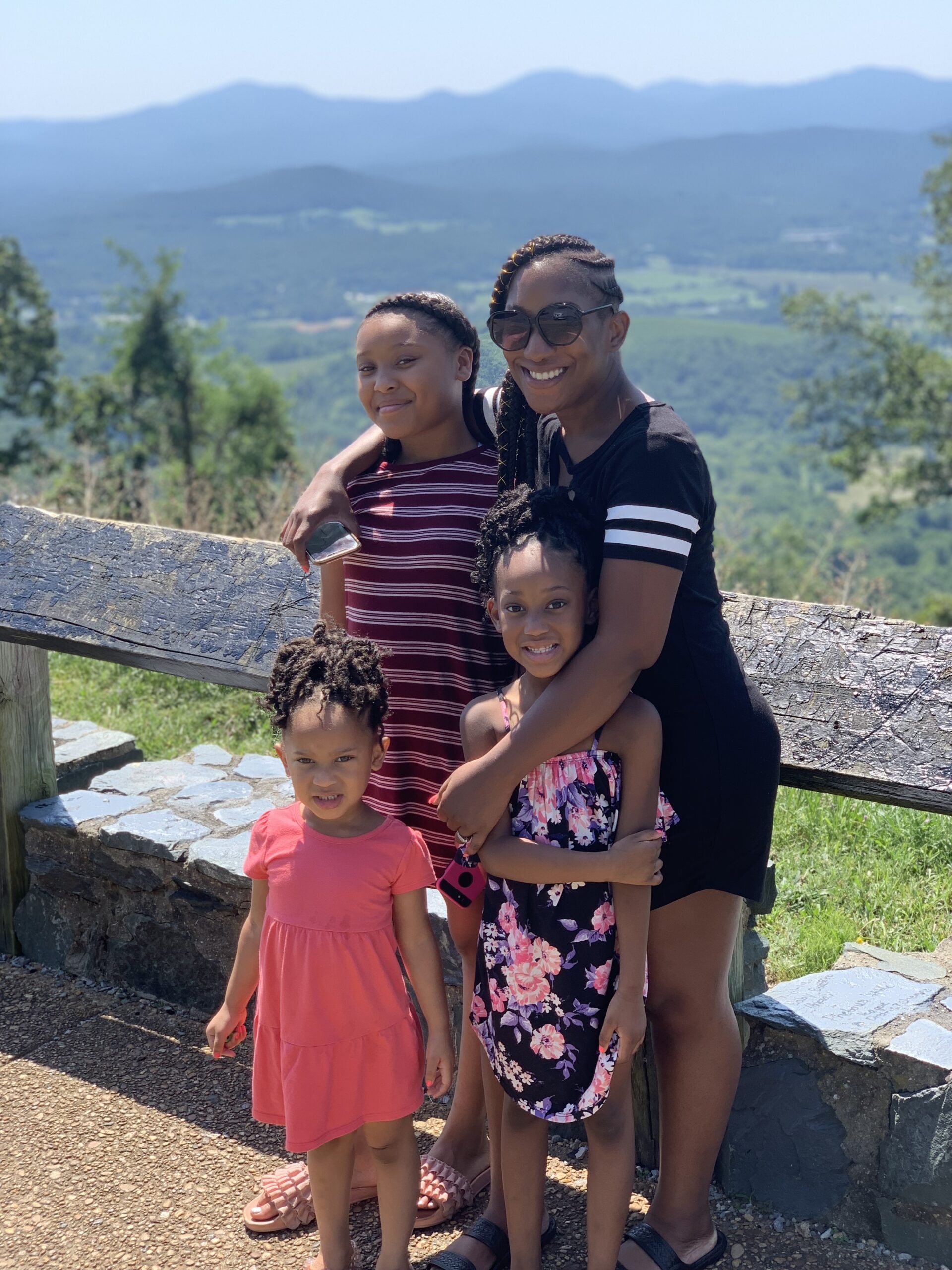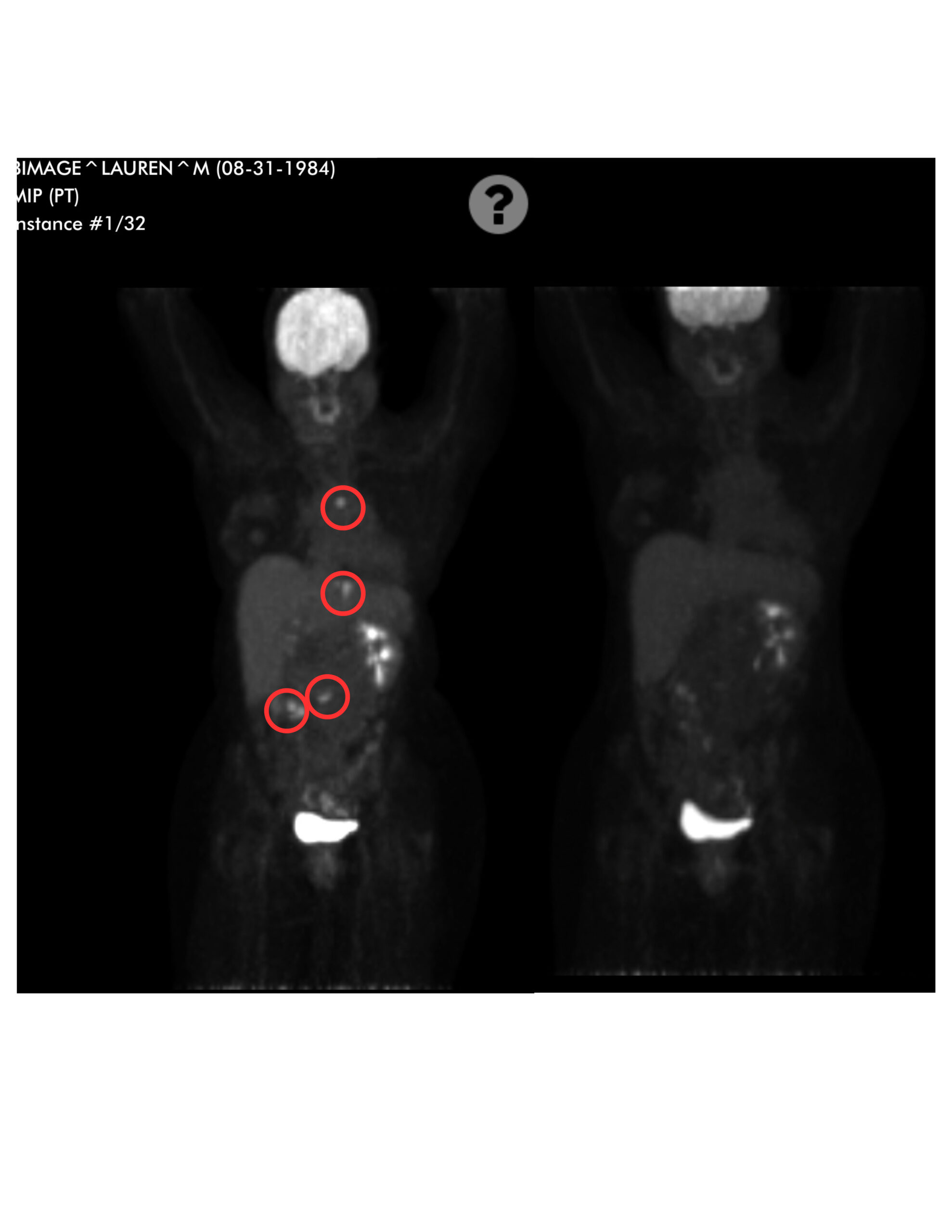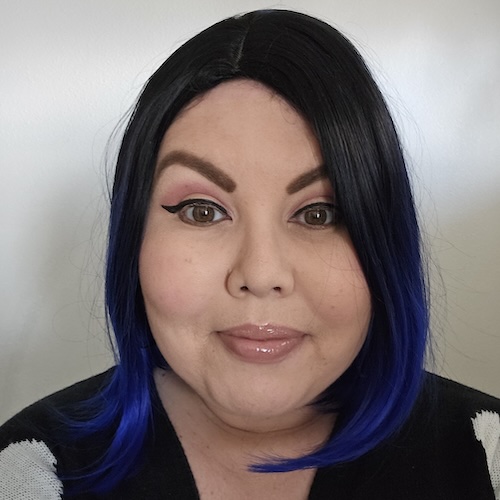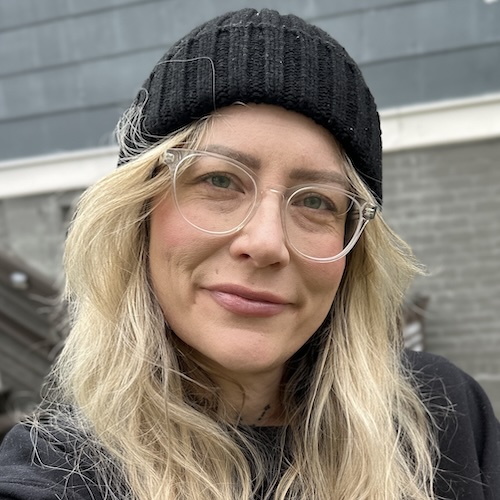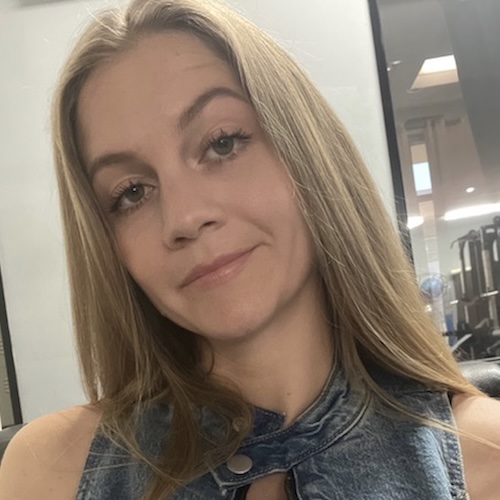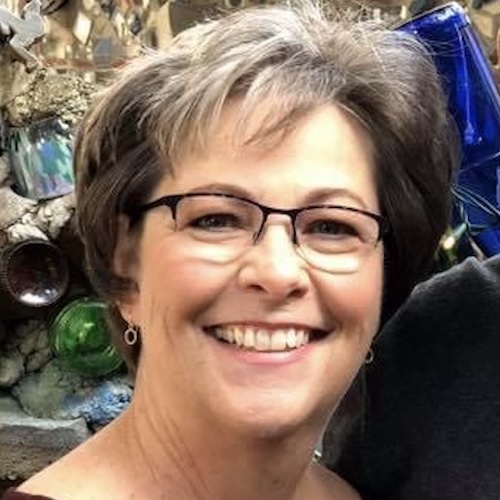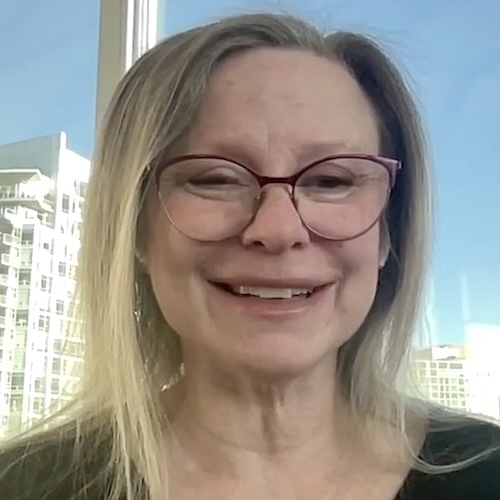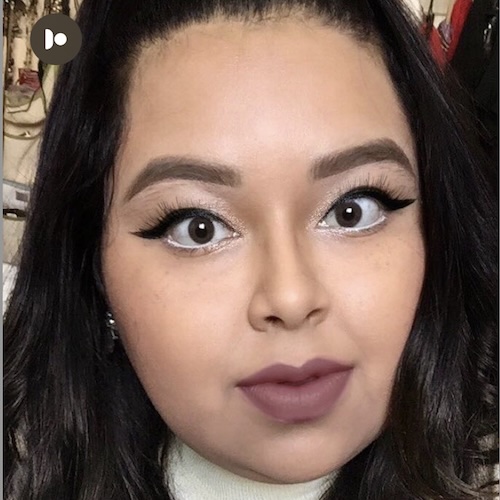Lauren’s Stage 4 Breast and Stage 4 Colon Cancer Story
Interviewed by: Taylor Scheib
Edited by: Chris Sanchez
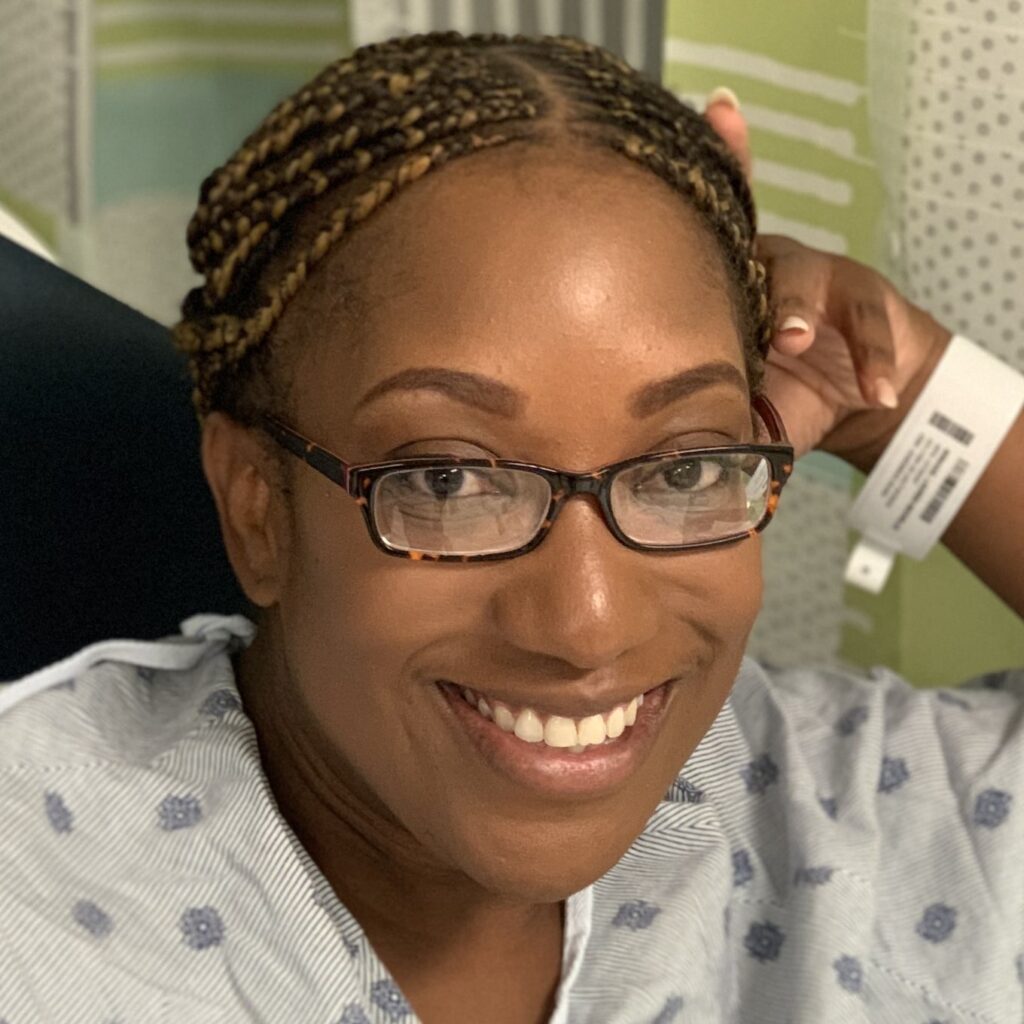
Lauren, from Houston, Texas, is living with stage 4 breast cancer and stage 4 colon cancer. Her journey began in 2014 when, after breastfeeding her second child, she discovered a lump in her breast. As her doctor initially dismissed it as fibroadenoma, Lauren did not undergo further testing. 2 years later, she developed pains in her breast and noticed that her left nipple looked strange, and upon further examination, doctors diagnosed her with stage 3 breast cancer. She underwent chemotherapy, a mastectomy, and radiation, followed by hormone therapy for several years.
In 2021, Lauren began experiencing stomach pains and noticed blood in her stool. Following a colonoscopy, she was diagnosed with stage 3 colon cancer after doctors discovered a cancerous lymph node. She underwent surgery and chemotherapy but struggled with side effects. Lauren also began to explore alternative treatments like high-dose intravenous vitamin C and fasting, inspired by research on treating KRAS mutation cancers, which are known to be particularly aggressive and difficult to treat.
In 2022, after experiencing further stomach pain, a PET scan revealed that the cancer had spread to Lauren’s abdominal lining and spine. Her oncologist gave her a terminal prognosis, estimating that she had around 10 months left to live. Desperate, Lauren intensified her vitamin C treatments, fasting, and other therapies. Remarkably, by December of that year, her PET scan showed no evidence of disease, although her doctor cautioned her to remain vigilant.
Lauren’s journey took another turn when a biopsy revealed that her spinal cancer was not colon cancer but a recurrence of her breast cancer, which had resurfaced and spread while her immune system was weakened. Although she has had to deal with recurring spots of cancer in her spine, Lauren has successfully managed her colon cancer, with her tumor markers remaining low. She credits her alternative treatments, alongside traditional therapies, for keeping her cancer at bay.
Now, Lauren undergoes PET scans every 3 months to monitor her condition. While managing cancer has become part of her daily life, especially with gastrointestinal side effects from her colon surgery, she remains proactive in her treatment and hopeful for the future. Despite the challenges, Lauren emphasizes the importance of staying informed, advocating for oneself, and maintaining hope, especially for those dealing with KRAS mutation cancers.
- Name:
- Lauren B.
- Age at Diagnosis:
- 31
- Diagnosis:
- Breast cancer
- Colon cancer
- Staging:
- Stage 4 for both
- Initial Symptoms:
- Lump in left breast that grew
- Strange appearance of nipple
- Treatment:
- Surgery (radical left mastectomy, lymph node removal; removal of part of colon and appendix)
- Chemotherapy (Doxorubicin and Taxol; Oxaliplatin and Xeloda)
- Radiation therapy
- Hormone therapy
- Complementary treatments (fasting, high-dose intravenous Vitamin C)
This interview has been edited for clarity and length. This is not medical advice. Please consult with your healthcare provider to make informed treatment decisions.
The views and opinions expressed in this interview do not necessarily reflect those of The Patient Story.
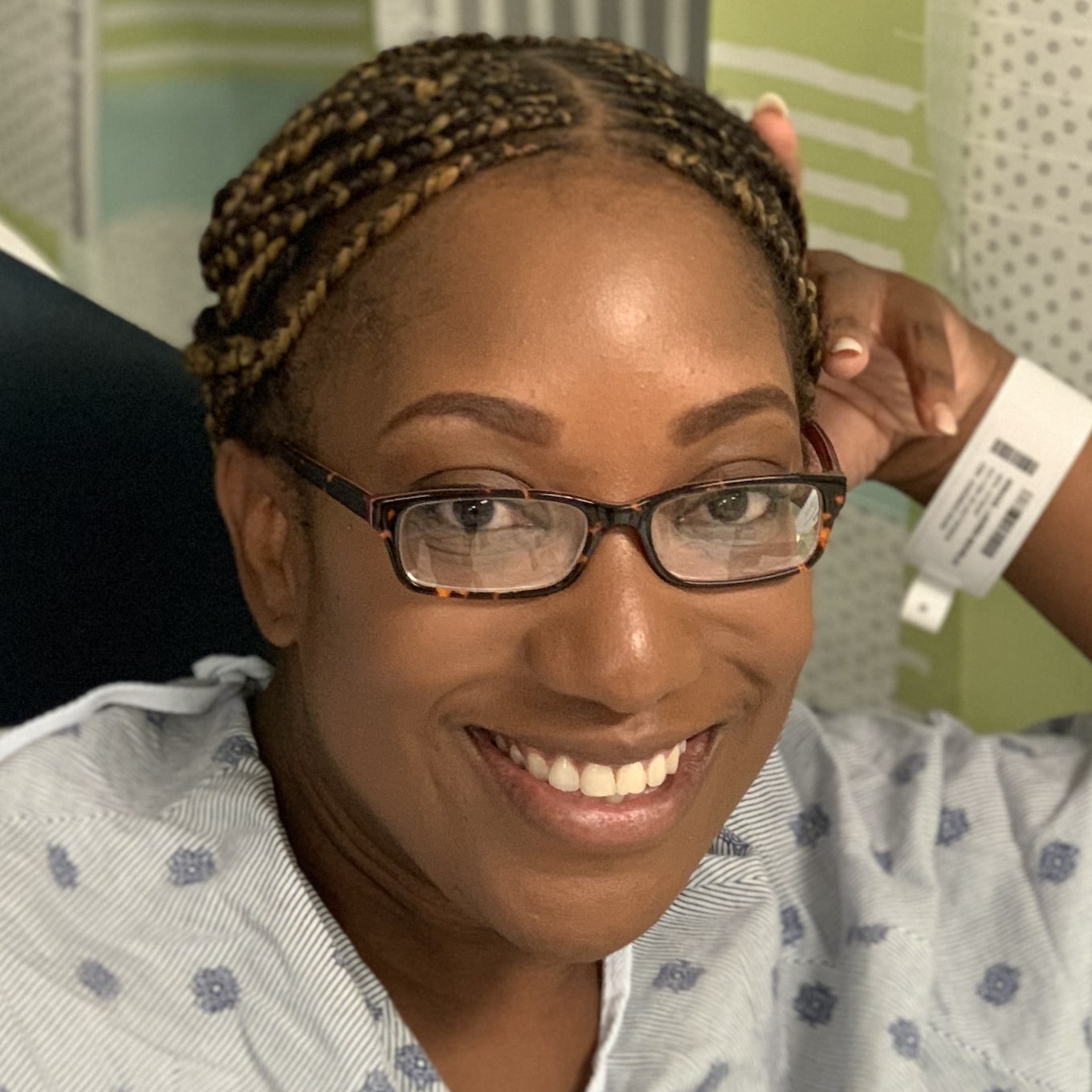
Inspired by Lauren's story?
Share your story, too!
Related Cancer Stories
More Breast Cancer Stories
Deb O., Breast Cancer (De Novo Triple Positive and ER+ HER-)
Symptoms: First instance: appearance of lump that later on increased in size, orange peel-like skin around inverted nipple, persistent ache under right arm; second instance: appearance of lump
Treatments: First instance: chemotherapy, targeted therapy, hormone therapy; second instance: surgery (mastectomy), chemotherapy, radiation therapy, CDK 4/6 inhibitor
Tammy U., Metastatic Breast Cancer, Stage 4
Symptoms: Severe back pain, right hip pain, left leg pain
Treatments: Surgeries (mastectomy, hip arthroplasty), chemotherapy, radiation therapy, hormone therapy, targeted therapies (CDK4/6 inhibitor, antibody-drug conjugate)
Nicole B., Triple-Negative Metastatic Breast Cancer, Stage 4 (Metastatic)
Symptoms: Appearance of lumps in breast and liver, electric shock-like sensations in breast, fatigue
Treatments: Chemotherapy, surgeries (installation of chemotherapy port, mastectomy with flat aesthetic closure), targeted therapy (antibody-drug conjugate), hyperbaric oxygen therapy, lymphatic drainage
Dalitso N., IDC, Stage 4, HER+
Symptoms: Appearance of large tumor in left breast, severe back and body pain
Treatments: Surgery (hysterectomy), vertebroplasty, radiation therapy, hormone therapy, clinical trial
Marissa T., ILC, Stage 4, BRCA2+
Symptoms: Appearance of lump in right breast, significant fatigue, hot flashes at night, leg restlessness leading to sudden, unexpected leg muscle cramps
Treatments: Chemotherapy, hormone therapy, PARP inhibitor, integrative medicine
Janice C., Triple-Negative Metastatic Breast Cancer, Stage 4
Symptoms: Appearance of lump in left breast near sternum, fatigue, bone and joint pain
Treatments: Surgery (lumpectomy), radiation therapy (brachytherapy), chemotherapy
Dana S., IDC, Stage 4 (Metastatic)
Symptom: Appearance of large lump in left armpit
Treatments: Targeted therapy, hormone blockers, bone infusions
Maria S., Breast Cancer, Stage 4
Symptoms: Intermittent but severe pain including a burning sensation on the side of the breast, appearance of a cyst and a lump, abnormally warm and pink-colored breast, nipple inversion, strangely liquid menstrual periods, unusual underarm odor, darkening and dimpling of the nipple, severe fatigue, night sweats
Treatments: Chemotherapy, surgeries (mastectomy, lymphadenectomy), radiation therapy, targeted therapy
- 1
- 2
